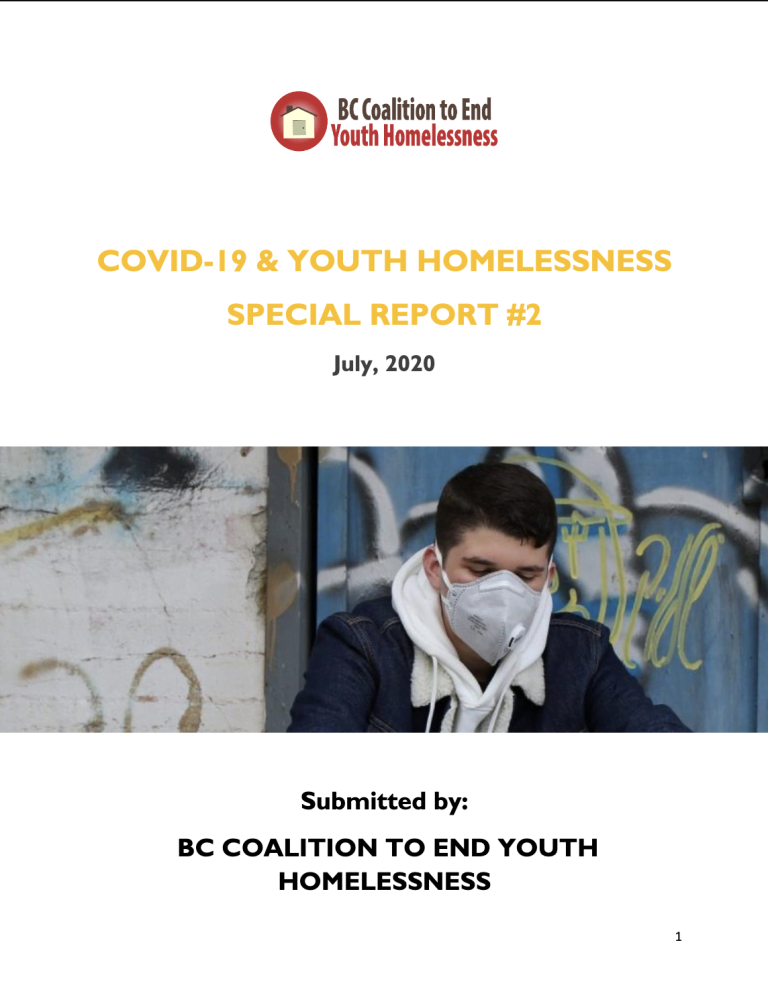14 search results
for
Discrimination and hate
Housing
Recommendation 4: Provide funding to community organizations to support youth in finding rentals and developing life-skills to sustain housing. Youth need support in communicating with landlords to prevent conflict by addressing issues before they arise such as not being able to afford rent one month.-
Category and theme:
Audience:
Groups affected:
Location of recommendation:
Housing
Recommendation 5: Create more scattered site program units for youth with rental subsidies and funding support positions in organizations who can partner with property management companies and provide case management. Additionally, organizations should network with other agencies that have access to housing to ensure youth are prioritized.-
Category and theme:
Groups affected:
Location of recommendation:
Housing
Recommendation 6: Support the development of the Friendly Landlord Network to increase youth’s access to market housing. There should be more public education initiatives that engage landlords by creating accountability within community to support youth and fostering a sense of purpose by helping youth. The provincial government could provide tax incentives for individual homeowners to provide affordable rent and become a part of the Friendly Landlord Network or something similar.-
Category and theme:
Audience:
Groups affected:
Location of recommendation:
Housing
Recommendation 10: Increase youth’s access to housing-focused workshops that assist them in learning about their rights and responsibilities. For example, the Rent Smart Workshop.-
Category and theme:
Groups affected:
Location of recommendation:
Youth in and from the foster care system
Recommendation 17: All CLBC and Mental health assessments must be completed prior to youth aging out. Youth report delays on receiving assessments during the pandemic, which will affect the level of support they receive in the future.-
Category and theme:
Audience:
Groups affected:
Location of recommendation:
Social connections
Recommendation 23: Provide youth with ongoing training around technology, so they are able to use it safely to maintain social connections and are able to protect themselves from online bullying or trafficking.-
Category and theme:
Audience:
Groups affected:
Location of recommendation:
Mental health
Recommendation 30: Increased mental health services that are pro-active with a focus on self-care and safety plans, including access to online programs and supports.-
Category and theme:
Audience:
Groups affected:
Location of recommendation:
Mental health
Recommendation 33: Develop a “no wrong door” policy by ensuring all organizations know what resources are available and what youth need supports to ensure no youth falls through the cracks. Mental health organizations should partner with non-profits to provide youth with clinical supports and workshops. There should be one referral document for all services such as the Wrapforce program in Kamloops and the One Door initiative in Kelowna.-
Category and theme:
Groups affected:
Location of recommendation:
Mental health
Recommendation 34: Provide youth with in-house mental health and cognitive assessments, so they are able to access CLBC and other supports in a timely manner.-
Category and theme:
Groups affected:
Location of recommendation:
Education
Recommendation 50: Increased support and planning for youth at school that are struggling with online school or have learning disabilities. School support workers should help guide non-profits on best practices to support youth and the School Boards should provide tutor supports.-
Category and theme:
Groups affected:
Location of recommendation:
